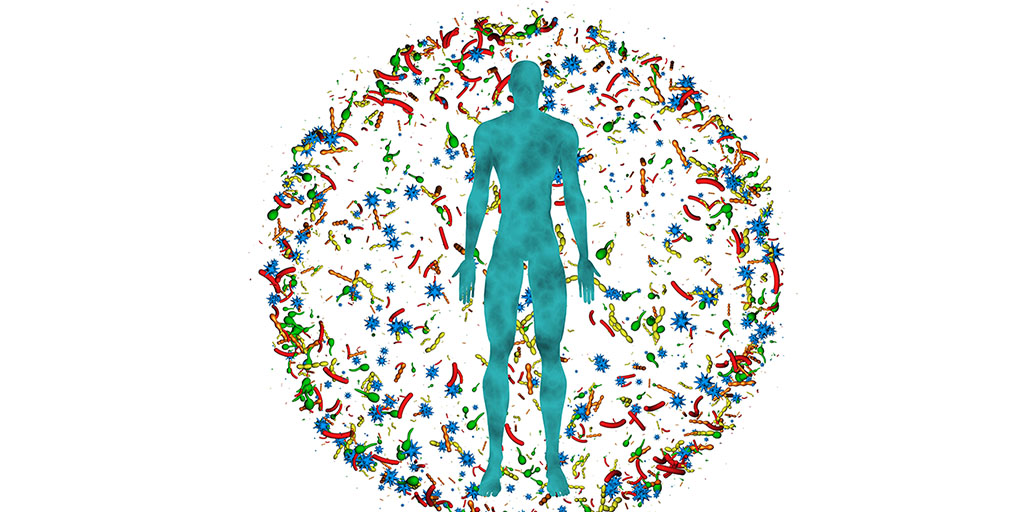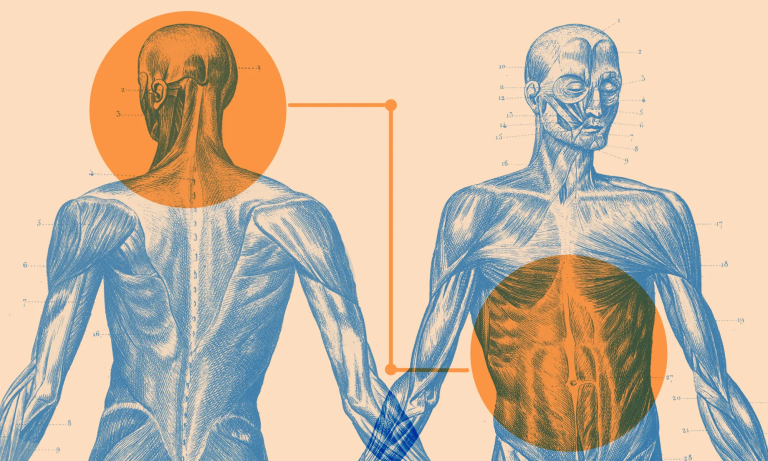
The human body is home to a vast and diverse community of microorganisms, collectively known as the microbiome. This ecosystem comprises trillions of bacteria, fungi, viruses, and other microbes that inhabit various parts of the body, including the gut, skin, mouth, and respiratory tract. Remarkably, the number of microbial cells in the human body may outnumber human cells, highlighting the intricate relationship between humans and their microbial inhabitants.
These microorganisms play a crucial role in maintaining health by aiding in digestion, synthesizing essential vitamins, and protecting against harmful pathogens. The gut microbiome, in particular, is involved in fermenting dietary fibers into short-chain fatty acids, which serve as an energy source for colon cells and have anti-inflammatory properties. Additionally, the microbiome influences the immune system, modulating responses to infections and potentially impacting the development of autoimmune diseases.
Recent advancements in genomic sequencing have allowed scientists to map the human microbiome in unprecedented detail. This research has led to a deeper understanding of how microbial communities vary between individuals and how they change over time due to factors such as diet, lifestyle, and antibiotic use. Such insights are paving the way for personalized medicine approaches that aim to restore or maintain a healthy microbiome, offering new avenues for treating a range of conditions, from gastrointestinal disorders to mental health issues.







